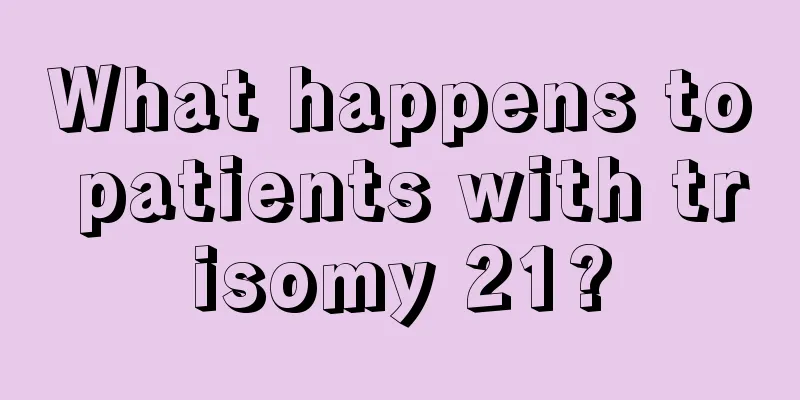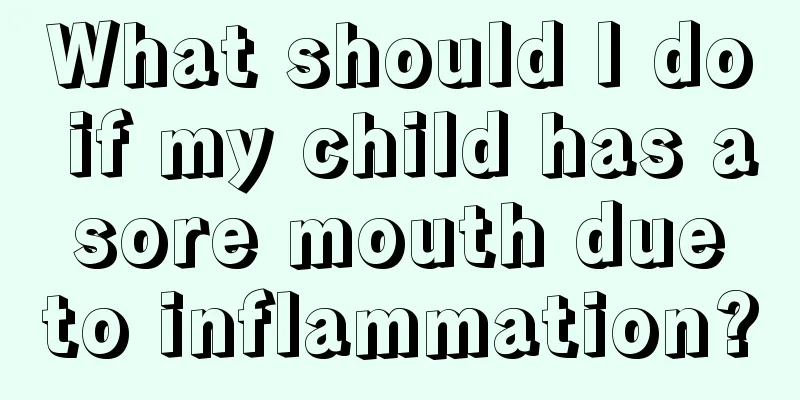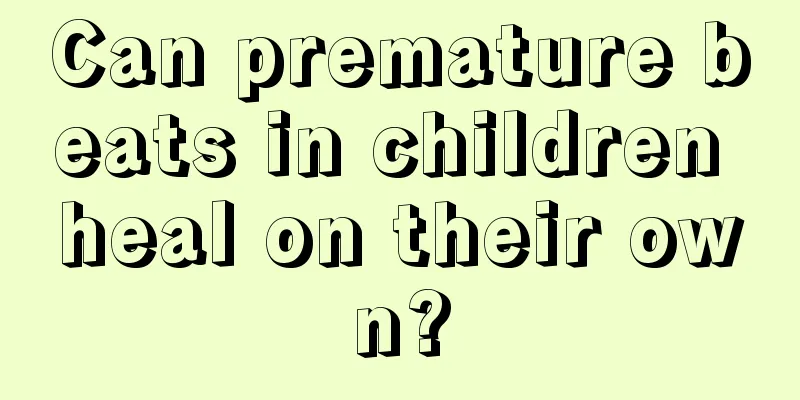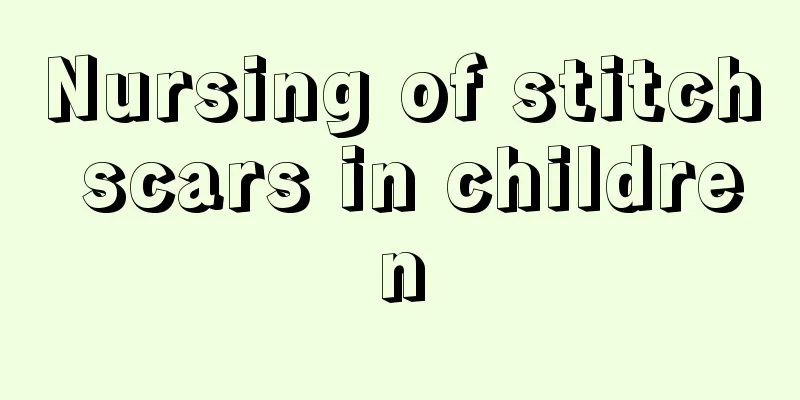What happens to patients with trisomy 21?

|
In our daily life, we see some children who seem to have congenital dementia. It is very likely that this is caused by Trisomy 21. Trisomy 21 is different from general dementia. It is a disease caused by chromosomal abnormalities. The child is born with the disease and it is very difficult to cure. Let me introduce it to you today. Down syndrome, also known as trisomy 21, is a disease caused by chromosomal abnormalities (an extra chromosome 21). 60% of the affected children are aborted in the early fetus, and the survivors have obvious intellectual disability, special facial features, growth and development disorders and multiple deformities. The children have obvious special facial features, such as wide-set eyes, low nasal root, small palpebral fissures, upward slanting eyes, epicanthus, small external ears, fat tongue that often sticks out of the mouth, and excessive drooling. He is short in stature, with a smaller head circumference than normal, short front and back diameters of the head, and a flat head with a flat occipital region. Short neck and loose skin. Bone age often lags behind age, and tooth eruption is delayed and often misaligned. The hair is fine and sparse. The anterior fontanelle closes late, and a third fontanelle may appear in the midline of the parietal-occipital area. Male Down syndrome babies will not be able to reproduce when they grow up to puberty. Female babies with Down syndrome will have menstruation when they grow up and may have children. Children with this disease often have other malformations such as congenital heart disease. Due to their low immune function, they are susceptible to various infections, and the incidence of leukemia is 10 to 30 times higher than normal. If they survive into adulthood, they often develop symptoms of Alzheimer's disease after the age of 30. Since children have low immunity, they should pay attention to preventing infection. If accompanied by congenital heart disease, gastrointestinal tract or other malformations, surgical correction may be considered. If there is Trisomy 21, although some female babies will be able to have children when they grow up, this disease is likely to be inherited, so there is no need to mind having children. Moreover, these children are born with congenital malformations and will have other organ malformations, the most common of which are heart disease and mental retardation. |
<<: What are the benefits of swimming for children?
>>: What should I do if my two-month-old child is constipated?
Recommend
What's the matter with the baby's ear rot?
As babies continue to grow, they are prone to som...
The reason why newborns have yellow eye discharge
The physical health of newborns is an issue that ...
What are the symptoms of teething in babies?
Nowadays, many parents are relatively young and h...
What to do if a child has a sore in his mouth_What to do if a baby has a sore in his mouth
The sores in the baby's mouth are usually cal...
Will a febrile seizure leave sequelae?
Children's physical health is an issue that t...
What causes stomach pain in children?
When it comes to stomachache, most people may thi...
How to regulate the newborn's stomach and intestines
The gastrointestinal development of newborns is n...
What should I do if my baby has phlegm in his throat?
It is very common to have phlegm in the throat. T...
Why does a child’s lower abdomen feel hot?
Summer is the season when epidemic diseases and v...
Child has chest tightness and shortness of breath
Chest tightness and shortness of breath usually o...
What are the symptoms of mycoplasma infection in children?
Normal mycoplasma infection is transmitted throug...
The child's anus is red and painful
In our lives, many mothers find that their baby&#...
How to deal with toothache in a four-year-old child
The human oral cavity is mainly composed of the t...
What is the best food for children with anal prolapse
If a child has rectal prolapse, parents can help ...
Symptoms of cough variant asthma in children
Asthma is a very common disease nowadays. There a...









